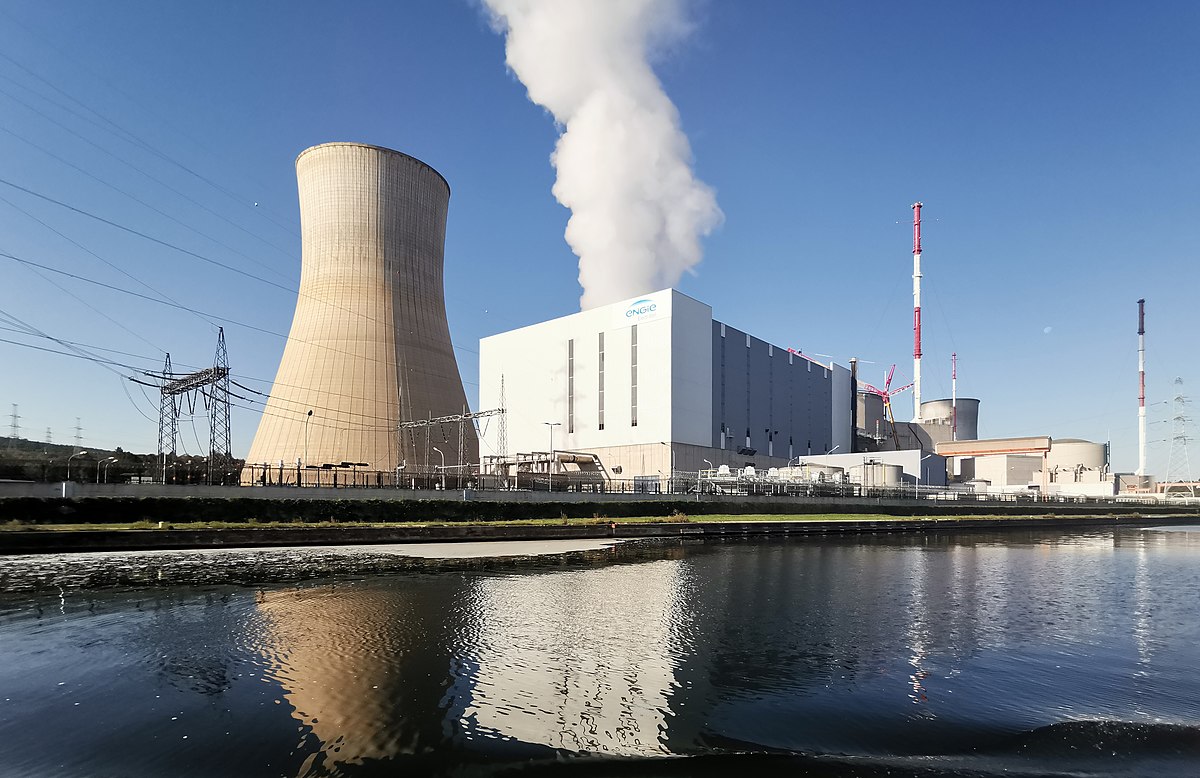„The European Parliament is able to stop the construction of Nord Stream 2,” argues professor Jerzy Buzek, Chair of the European Parliament’s Committee on Industry, Research and Energy (ITRE), in an interview for Biznesalert.pl. In his opinion, it would be a lot more profitable for European companies to invest in the Ukrainian transmission network. BiznesAlert.pl: There are two contradictory interpretations in the discussion on the controversial Nord Stream 2 pipeline. According to Poland, the EU law should be applicable to the entire project. The architects of the pipeline argue that its offshore section cannot be subject to the Third Energy Package. The European Commission wants to negotiate. Which interpretation is correct?
Prof. Jerzy Buzek: This is a project that is not strictly about business. It has a political, or even geopolitical impact and is a cause of growing tensions within the European Union. If during the last meeting of EU energy ministers, thirteen out of twenty eight states voiced their concerns it means we have a serious problem. This is why in the letter I sent a few days ago, I called on the Council, on Member States that will decide about the possible negotiation mandate for the European Commission, to make it as unequivocal as possible: Nord Stream 2 should be subject to the EU law also when it comes to its offshore section.
The supporters of the new gas pipeline argue this is a good deal and cheap gas for Western Europe.
It would be cheaper to modernize Ukrainian gas pipelines, that would be a good deal! We have to remember that the gas transmitted via Nord Stream 2 will omit our part of Europe, Central and Eastern Europe and it will create serious political tensions and threaten energy security in the region. Denmark, Sweden, even Italy and Great Britain are also voicing their concerns. We are calling on European companies that are participating in this project to withdraw because it divides Europe instead of uniting and strengthening the block. Also, this will not be beneficial for them from a long-term business perspective. Some people are saying that Denmark may withhold its environmental permission for NS2 until the negotiations are over. This is how the project could be frozen. This is a plausible scenario. We need to remember that the pipeline will run across the territorial waters of a few Member States. This is yet another reason why EU law should apply to the entire pipe.
Any agreement signed in result of the possible negotiations between the European Commission and Russia will have to be approved by the European Parliament. Is there a chance the Parliament will reject it? If this happens, will Nord Stream 2 be constructed?
Our decision will be final. All contracts between the EU and third countries have to be accepted by the Parliament. This happened, for instance in the case of the SWIFT agreement on exchanging personal data between the EU and the United States. I cannot imagine that the European Parliament, as an institution that creates EU law, would accept any project not be in line with that law.








